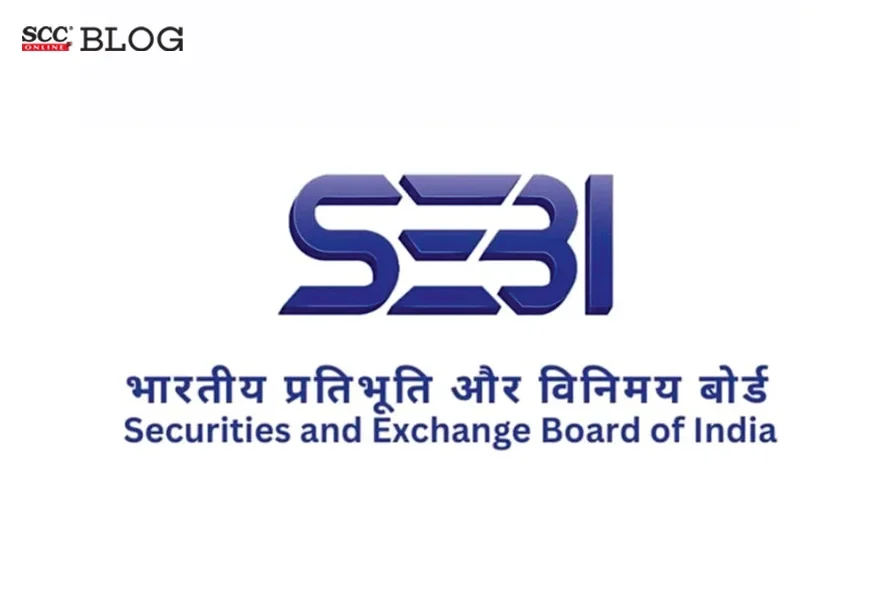On 27-6-2023, the Securities and Exchange Board of India (‘SEBI’) notified the Securities and Exchange Board of India (Mutual Funds) (Amendment) Regulations, 2023 to amend the Securities and Exchange Board of India (Mutual Funds) Regulations, 1996.
The amendments to the following provisions will come/ came into force on:
-
Regulation 3 (XIII) and (XIV): 27-6-2023
-
Regulation 3 (I) (i), (II), (III), (IV), (VII) (ii) and (XXIV): 1-8-2023
-
Regulation 3 (VII) (I): 1-1-2024
Key Points:
-
The definition of “Liquid net worth” has been included in Regulation 2 which means that the net worth deployed in liquid assets which are unencumbered and will include cash/ money market instruments/ Government Securities/ Treasury bills/ Repo on Government securities and any other like instruments as specified by the Board from time to time.
-
Regulation 7 deals with Eligibility Criteria for the purpose of grant of certificate of registration. Sub- regulation (a) has been substituted relating to the sponsor having a sound-track record and general reputation of fairness and integrity in all business transactions. Here, sound-track record means:
-
The sponsor should have 5 years’ experience in financial services.
-
The net worth was positive in all preceding years.
-
He should ensure that the positive liquid net worth is more than the proposed capital contribution in the asset management company and ensure that in case of change in control of the existing asset management company due to acquisition of shares, the positive liquid net worth of the sponsor or funds tied up by the sponsor is to the extent of aggregate par value or market value of the shares proposed to be acquired.
-
The net profit and the average net profit should be calculated after deducting depreciation, interest and tax for the preceding 5 years.
-
-
Regulation 7-C has been inserted dealing in Sponsor disassociating from the asset management company and other mutual funds.
-
In this case, the asset management company of the existing mutual fund acts as a sponsor of the same mutual fund.
-
The shareholding for any shareholder should be below 10%.
-
In such an event, the Board of Directors will have to have at least two-third independent directors.
-
-
Regulation 16 which relates to conditions for Disqualification from being appointed as trustees has been revised and a new condition has been inserted which says that in case a company is appointed as the trustee of a mutual fund, the Chairperson of the board of directors of that trustee company must be an independent director.
-
Regulation 25 relates to the Obligations of an Asset Management company. In the same context, Sub- regulation (22) has been inserted which lays down the due diligence that has to be exercised by the Board of Directors:
-
ensure before the launch of any scheme that the asset management company have- infrastructure, key personnel/ auditors/ compliance officer/ registrar/ have already been appointed, compliance manual has been prepared etc.
-
They also have to ensure that the company has been diligent in empaneling the brokers, no undue or unfair advantage has been given to any associates etc.
-
-
Regulation 43-A relating to Investment in Corporate Debt Market Development Fund has been inserted which says that mutual funds should invest such percentage of net assets specified by the Board in the units of the Corporate Debt Market Development Fund.
-
According to Regulation 47, the asset management company will have to compute and carry out valuation of investments made by the scheme of the mutual fund in accordance with the investment valuation norms specified in the Eighth Schedule.







It’s great to see SEBI taking steps to enhance investor protection. Do you think these measures will help reduce fraudulent activities within asset management companies, like we’ve seen in recent years?
Mutual funds offer a diversified and easy way for investors to grow their wealth over time. With a wide range of options, they cater to both beginners and experienced investors looking for long-term financial stability.